How to Thrive in Winter
As the southern hemisphere is heading into winter, I thought it would be good timing to write this blog for those who want to keep the candle lit of feeling great in the summer and autumn months…
Everyone tends to feel so good during the summer but can experience a crash and burn in the winter - why does this happen, and how can we prevent it? Luckily, I happen to know a thing or two about this and can help you.
In the summer, we often feel better due to spending more time outdoors, soaking up sunlight, engaging in activities, and enjoying longer days. Sunlight, especially the ultraviolet light prevalent in summer months, boosts neurotransmitters like dopamine, serotonin, and endorphins, enhancing our mood and well-being. This is all great, but we need to focus on what we are NOT doing in the winter to understand why we can start to plummet.
We have to understand that sometimes discomfort is OK, and helps make us stronger.
You're probably familiar with circadian rhythms, our internal body clock regulated by environmental factors like light, temperature, and meal timing. Proper regulation of circadian rhythms requires ample sunlight exposure during the day, minimal artificial light exposure at night, outdoor time, and avoiding late-night eating. This is what helps us regulate our hormones and all bodily processes at the right times so we can operate like an efficient and healthy human. While circadian rhythms relate to daily cycles, circannual rhythms, influenced by the same factors, inform our bodies about seasonal changes.
So the problem with most people in the winter is the fact they are literally avoiding it. Heaters running at 22-24 degrees, staying inside, avoiding the cold, and on top of that we are mostly under artificial light all day and all night, instead of sunlight - our bodies pay attention to this. This essentially mimics summer conditions, only problem is, it lacks the sunlight in the form of ultraviolet light to make the neurotransmitters that I mentioned above that make you feel awesome. You can see how this might have a serious impact on our mood and energy.
Historically, humans evolved to become slightly "pro-inflammatory" in summer, aiding weight gain to prepare for winter's scarcity. This mechanism, triggered by food availability, light, and temperature cues, allowed us to store fat for energy during leaner months. However, modern conveniences like constant light, heating, and year-round access to out-of-season foods disrupt this natural cycle.
The modern world lives in summer, 24/7
Now, when you tell your body it’s summer 24/7, we become pro-inflammatory 24/7. This is exactly why it’s a struggle to lose that annoying body fat that hangs around, no matter what diet and how much exercise we do. It’s a problem with our environment.
Your circadian rhythm is one of the most important things to pay attention to for optimal health. It governs everything in the body.
Another layer to this is that exposure to cold temperatures, even mildly, prompts fat burning to generate heat, a natural mechanism for keeping us warm. Yet, reliance on indoor heating limits this fat-burning potential.
Embracing the cold doesn’t have to look like an ice bath, far from it actually. It’s about just getting outside and exposed to your environment, taking off a layer of clothing when outside, or eating your breakfast outside even if it’s a bit chilly, getting that little bit uncomfortable makes us stronger. This is also how we avoid getting sick in the winter, the more you avoid the cold, the more of a shock to the system it is when you get cold. We become resilient.
Traditional Chinese Medicine yet again on point.
The signals our body gets from being in the cold, sunlight, and seasonal foods at this time of year is actually what tells us that its winter, and winter means not much sunlight, so our body increases certain mechanisms to absorb more sunlight - more bang for your buck if you will. A perfect example of this is goosebumps, they increase the surface layer of our skin so our skin can soak up more sunlight when we are cold, and in the middle of winter - how cool is that!
This is exactly one of the reasons why Eskimos are so tanned all year round despite living at an extremely high latitude.
The cold is also what replaces the lack of sunlight at this time of year. We need to treat the importance of cold the same as sunlight. Cold is what helps us make that dopamine, serotonin, and endorphins that we don’t get from the sunlight at this time of year. You’ll come to find that everything in nature and the universe works in a feedback loop - yin and yang.
My take-home advice
Begin your day with a few minutes outdoors to soak up natural light and enjoy deep nasal breaths. This practice can enhance mood and mental clarity, especially during sunrise.
Incorporate outdoor breaks throughout the day to offset indoor time. Aim for 1-2 hours total outdoor exposure daily.
Reduce reliance on indoor heating; save your money. Embrace cooler temperatures when possible. Layer clothing for warmth instead.
Consider replacing electric blankets with traditional blankets to minimize exposure to non-native electromagnetic fields, especially during sleep.
Sometimes it might feel like an effort, but stepping outside can instantly boost your mood and energy levels. Remember this to motivate yourself when outdoor time feels like an effort.
If you’re interested in optimising your health through optimising your environment, circadian rhythm, seasonal eating, and much more, then please feel free to book a free discovery call or reach out for a chat.




